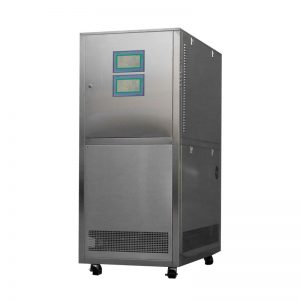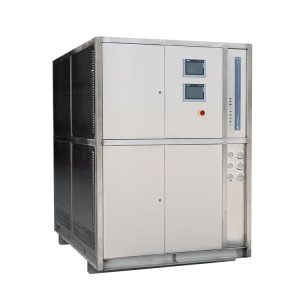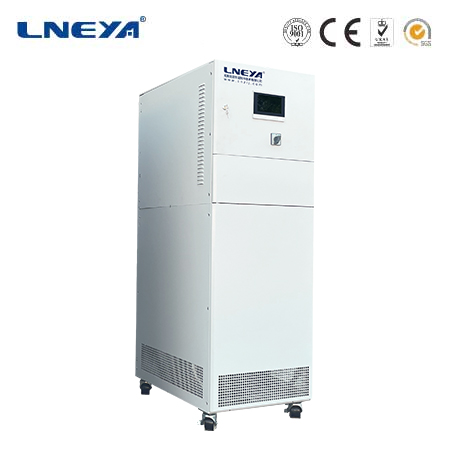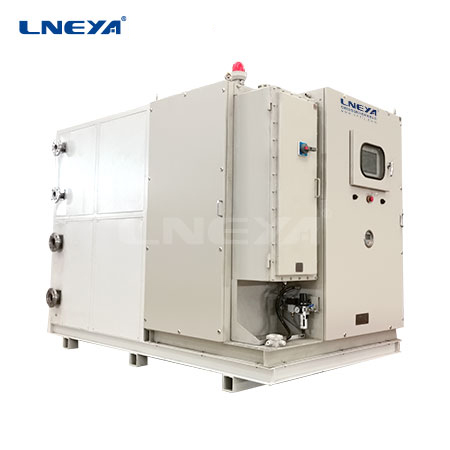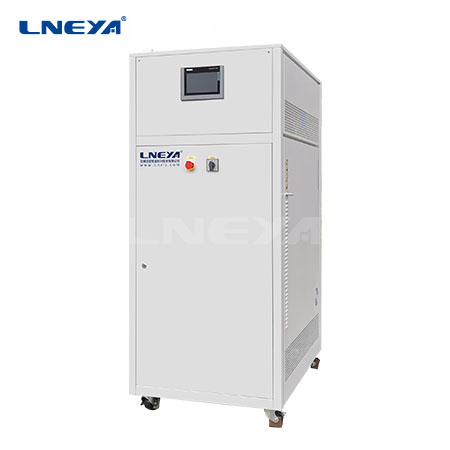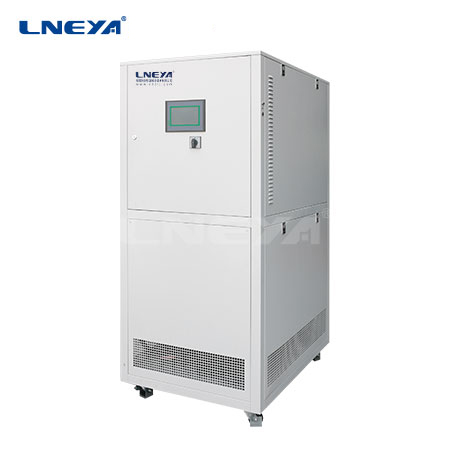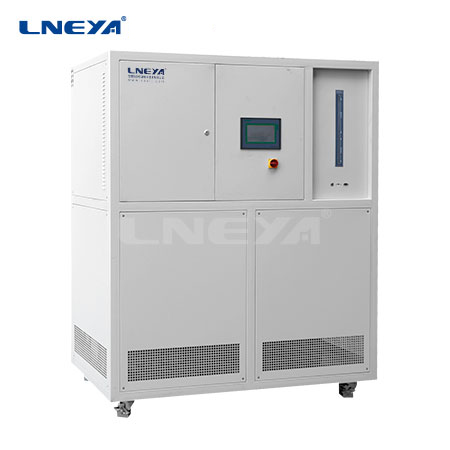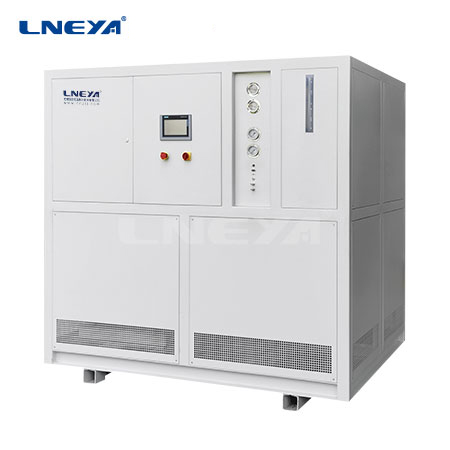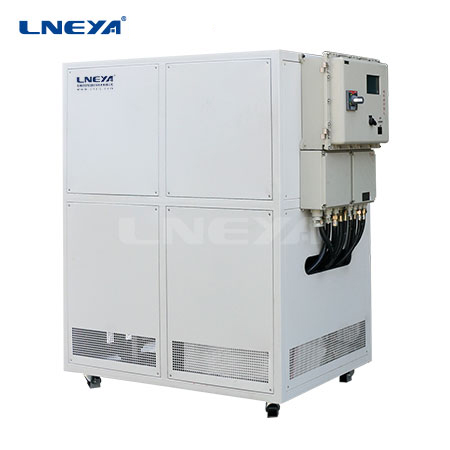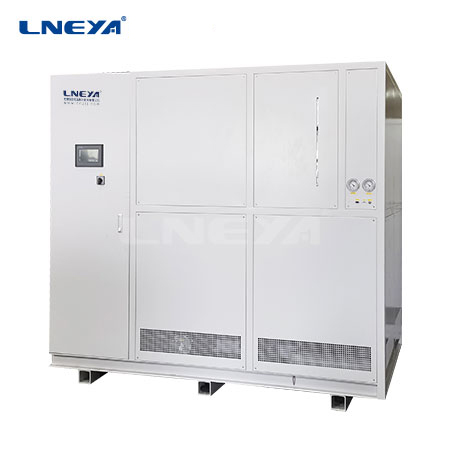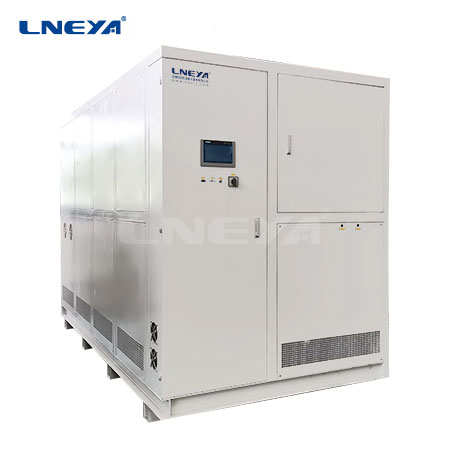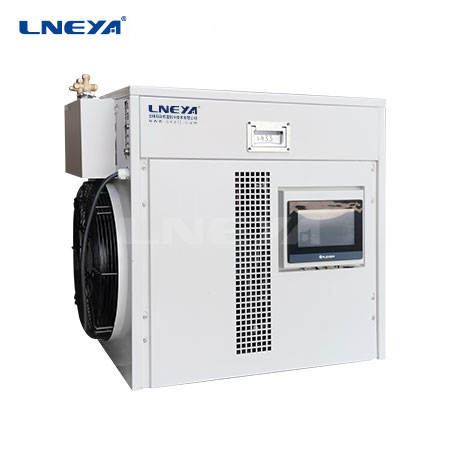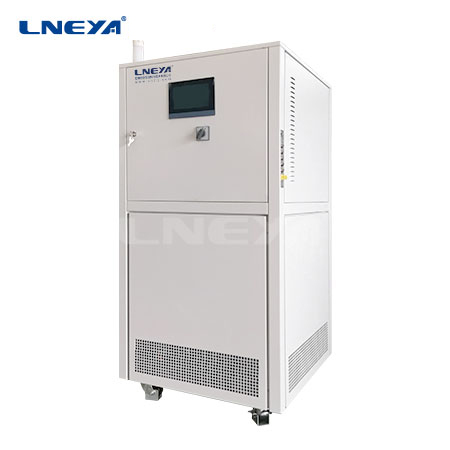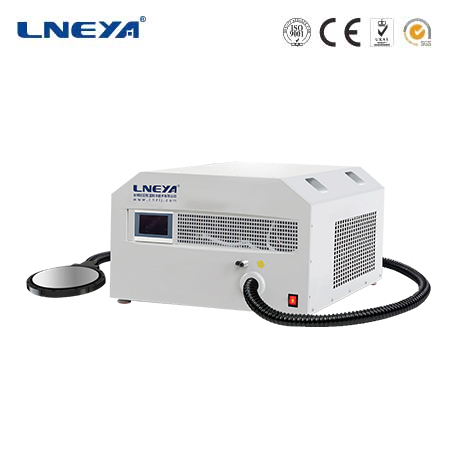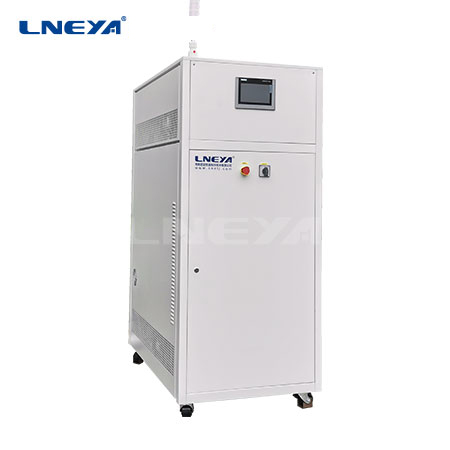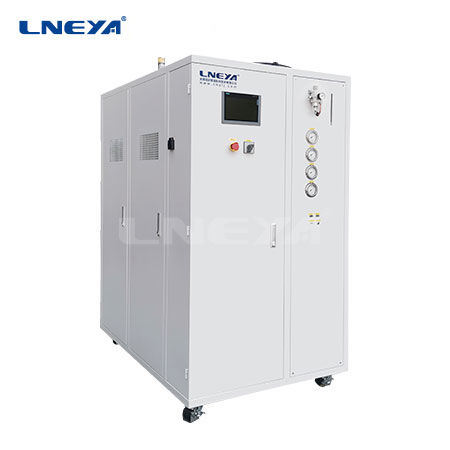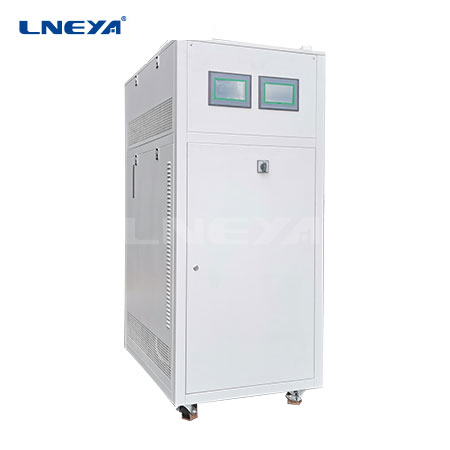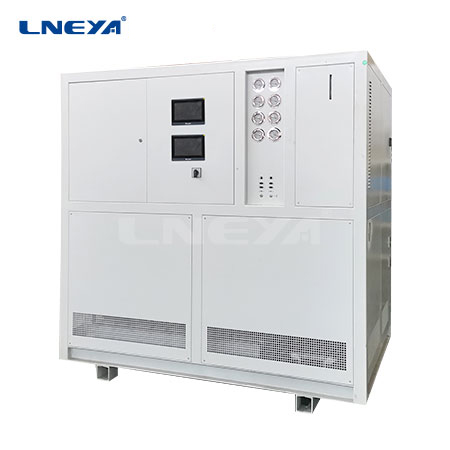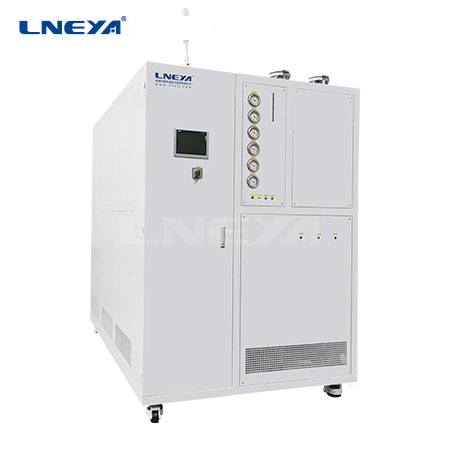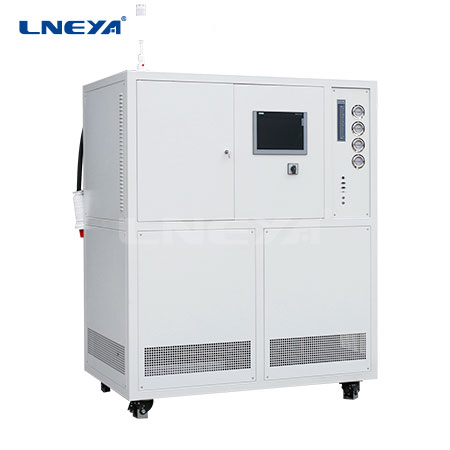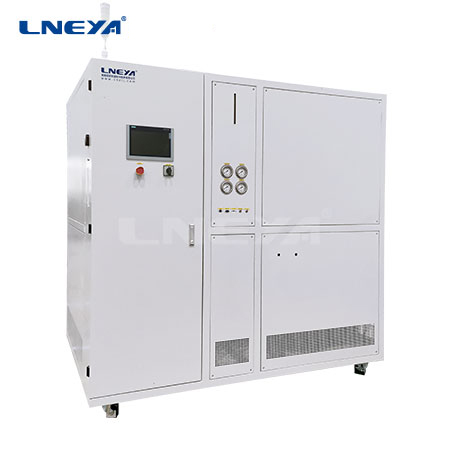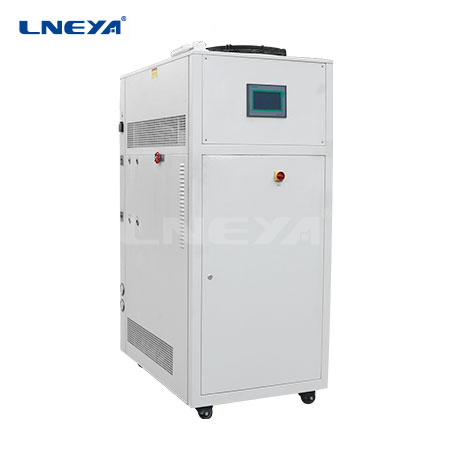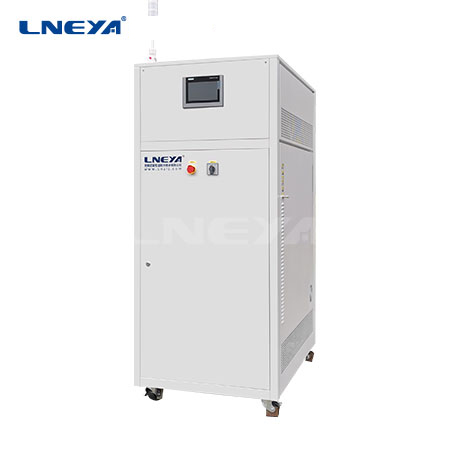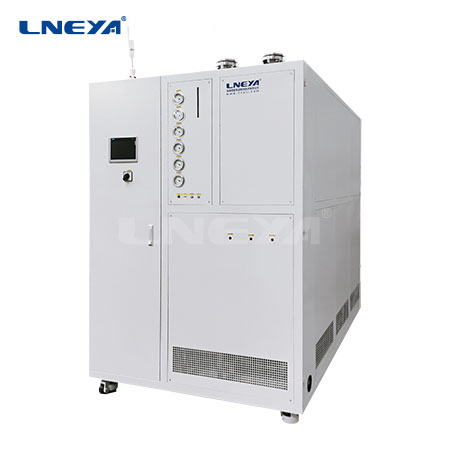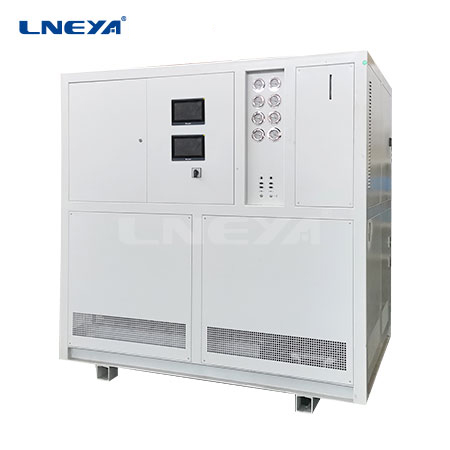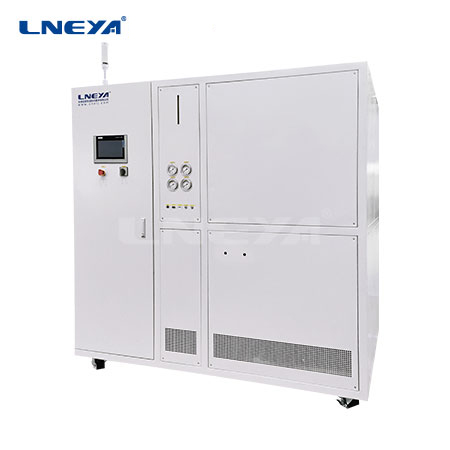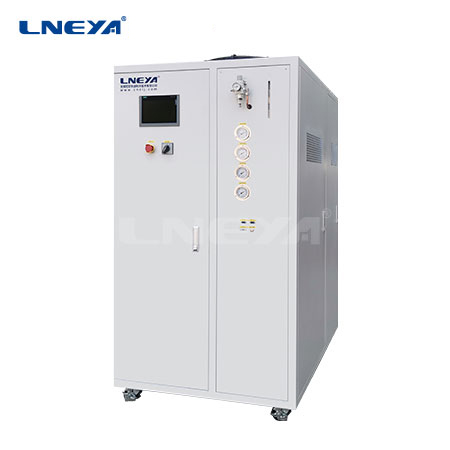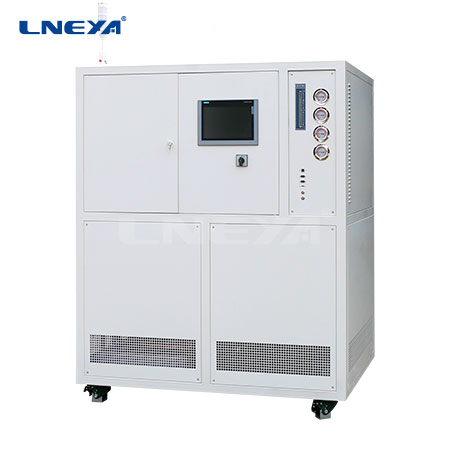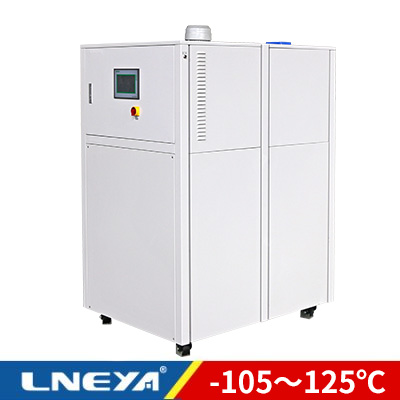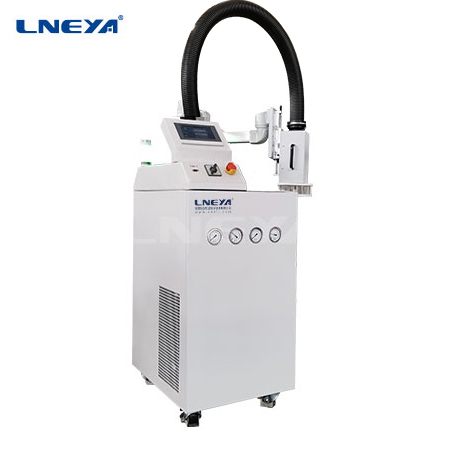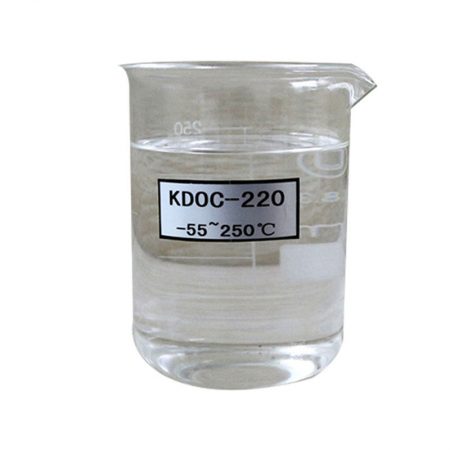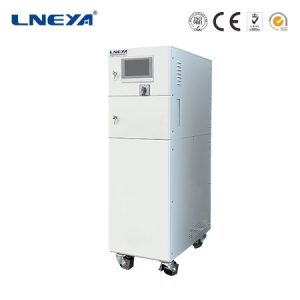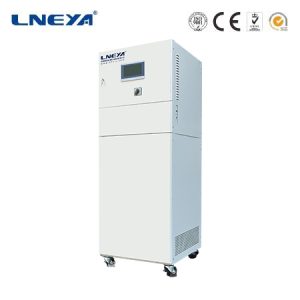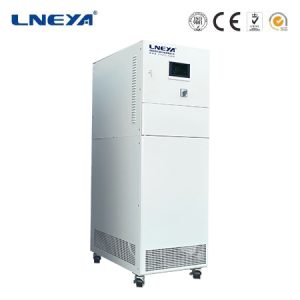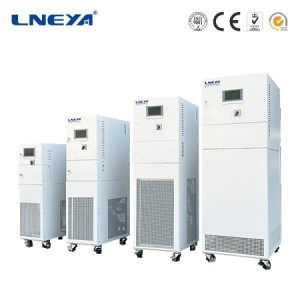Tensile Test Chamber: Vital for Material Strength and Elasticity Assessment
Tensile test chambers are indispensable in material science and engineering for their ability to provide precise temperature control during tensile testing. These chambers are designed to simulate various environmental conditions, allowing for the accurate assessment of a material’s strength, elasticity, and other mechanical properties.

water chiller and heater
Key Features of Tensile Test Chambers
Temperature Control: Maintains a stable temperature within the chamber to ensure consistent test results.
Humidity Control: Some chambers offer the ability to control humidity, which can affect material behavior.
Material Compatibility: Designed to accommodate various materials and sample sizes.
Types of Tensile Test Chambers
Standard Tensile Test Chambers: Suitable for general testing needs.
Walk-in Chambers: Larger chambers that allow for testing of larger samples or multiple samples simultaneously.
Environmental Test Chambers: Equipped with advanced controls for simulating a wider range of environmental conditions.

heater chiller temperature controller
Applications of Tensile Test Chambers
These chambers are used in various applications, such as:
Quality Control: To ensure materials meet industry standards for strength and durability.
Research and Development: For studying material behavior under different temperature conditions.
Selecting the Right Tensile Test Chamber
When selecting a tensile test chamber, consider:
Temperature Range: Ensure the chamber can reach the temperatures required for your tests.
Temperature Stability: Look for chambers with high temperature stability to ensure accurate results.
Humidity Control: If your tests require humidity control, choose a chamber with this capability.

heater chiller unit
Maintenance and Operation
Proper maintenance of tensile test chambers includes regular calibration of temperature sensors and checking for any signs of wear or damage. Operation involves setting the desired temperature and humidity, loading the sample, and conducting the tensile test while monitoring the chamber’s performance.
Environmental Considerations
Tensile test chambers are designed with energy efficiency in mind, reducing energy consumption and environmental impact. The use of eco-friendly materials and refrigerants is also considered in their construction.
Conclusion
Tensile test chambers are essential tools for assessing the mechanical properties of materials under controlled temperature conditions. By understanding their key features, types, applications, and the factors involved in their selection and maintenance, users can ensure accurate and reliable test results. The advancements in testing technology have made these chambers more accessible and efficient for a wide range of applications.
This article provides a comprehensive guide to tensile test chambers, discussing their key features, types, applications, and the considerations for their selection and maintenance. It emphasizes the importance of choosing the right chamber for specific testing needs and highlights the advancements in testing technology that have made these systems more accessible and efficient.
 LNEYA
LNEYA
 简体中文
简体中文







